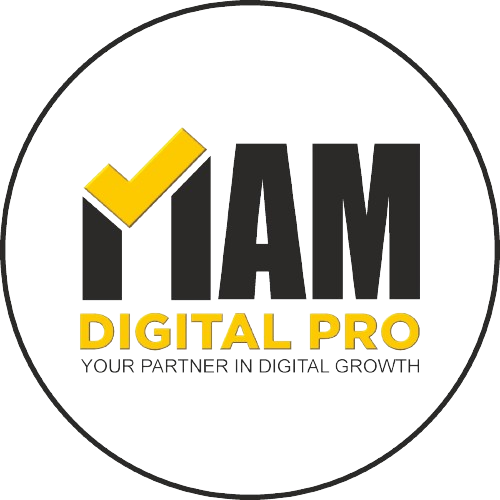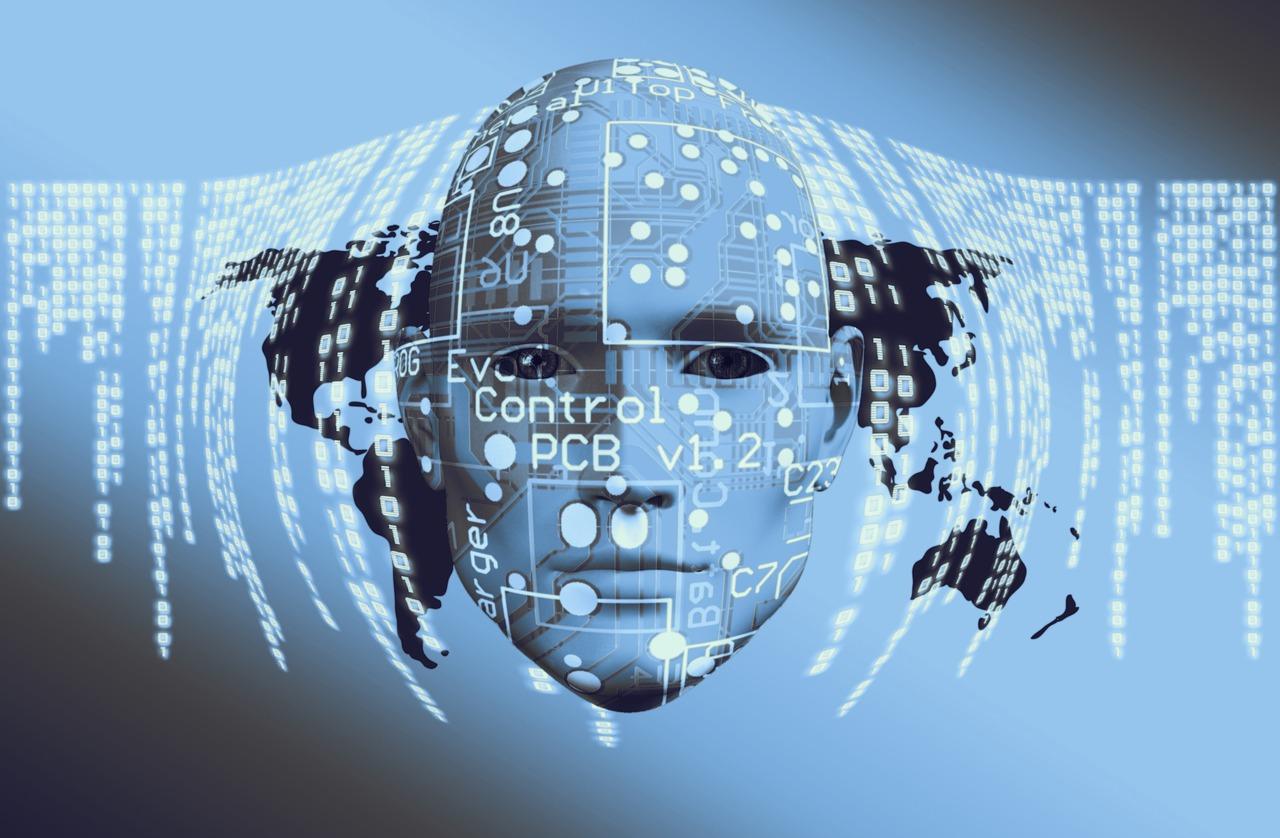Artificial Intelligence (AI) has been one of our most disruptive technological advancements, with the ability to revolutionize various industries. AI has gained significant traction in digital marketing in recent years, transforming how businesses approach their marketing strategies. This blog will delve into the basics of AI and its impact on digital marketing.
What is AI (Artificial Intelligence)?
AI is the simulation of human intelligence in machines programmed to learn, reason, and make decisions like humans. AI is powered by complex algorithms that allow machines to analyze large volumes of data, recognize patterns, and make informed decisions based on that data. Machine Learning (ML) and Deep Learning (DL) are sub-fields of AI that allow machines to improve their performance over time by learning from data.
AI and Digital Marketing
Digital marketing is an umbrella term for all marketing activities that use digital technologies, including search engines, social media, email, and mobile apps, to reach and engage with customers. The primary goal of digital marketing is to generate leads, increase conversions, and drive revenue. AI has become a game-changer for digital marketers, providing businesses unprecedented insights into customer behavior and helping them make data-driven decisions.
Impact of AI on Digital Marketing
- Personalization
One of the most significant impacts of AI on digital marketing is its ability to deliver personalized experiences to customers. With AI, marketers can collect and analyze vast customer data, such as browsing history, purchase behavior, and social media activity, to create personalized marketing campaigns. Personalized marketing can significantly improve customer engagement and conversions, increasing revenue.
2. Predictive Analytics
AI can also provide predictive analytics to businesses by helping them to make informed decisions about future marketing strategies. Predictive analytics uses machine learning algorithms to analyze customer data and identify patterns that can help businesses predict customer behavior.
3. Chatbots
Chatbots are another excellent example of how AI is transforming digital marketing. Chatbots are computer programs that use AI and natural language processing (NLP) to interact with customers in real time. They can be programmed to answer customer queries, provide product recommendations, and even complete purchases. Chatbots can significantly improve customer engagement and reduce response times, leading to better customer satisfaction and increased revenue.
4. Content Creation
AI can also help businesses create high-quality, personalized content for their marketing campaigns. AI-powered content creation tools use machine learning algorithms to analyze customer data and create content tailored to their interests and preferences. This can help businesses create more effective content marketing campaigns that resonate with their target audience.
5. SEO
AI can also help businesses improve their search engine optimization (SEO) efforts. AI-powered SEO tools use machine learning algorithms to analyze search engine ranking factors and provide recommendations on improving website performance. This can lead to higher search engine rankings, increased traffic, and higher revenue.
Conclusion
AI has transformed digital marketing, giving businesses unprecedented insights into customer behavior and helping them make data-driven decisions. From personalization to predictive analytics and chatbots to content creation, AI has a wide range of applications in digital marketing. As AI technology evolves, it will become an even more essential tool for businesses looking to stay competitive in the digital age.


Trackbacks/Pingbacks